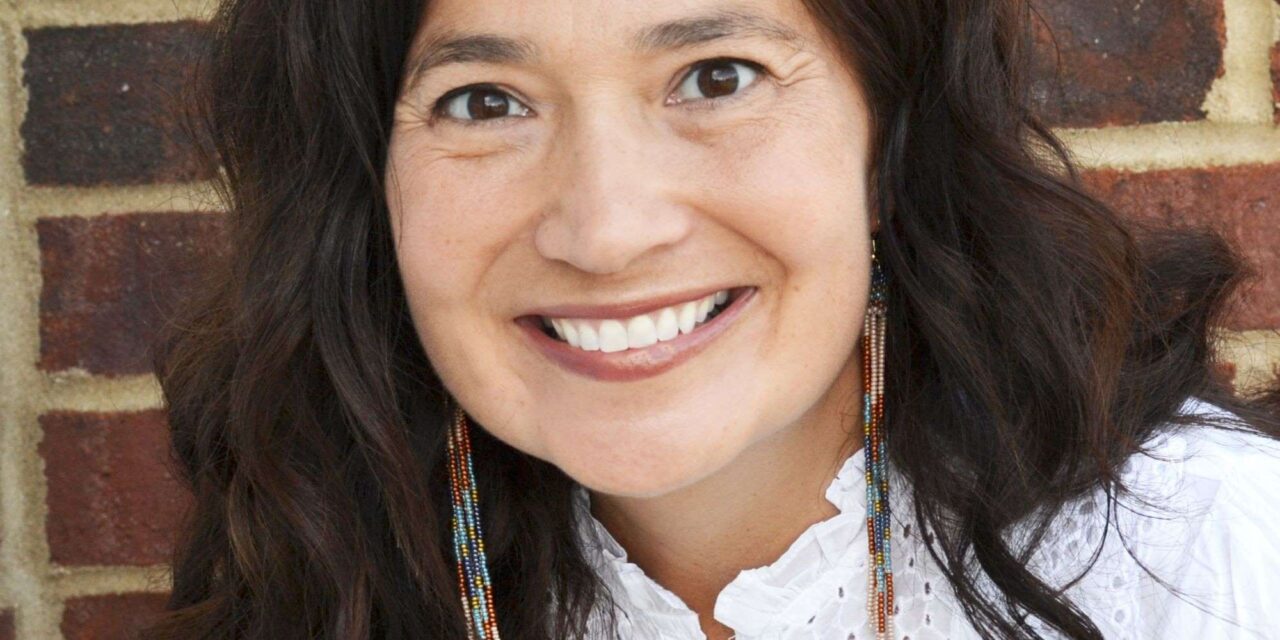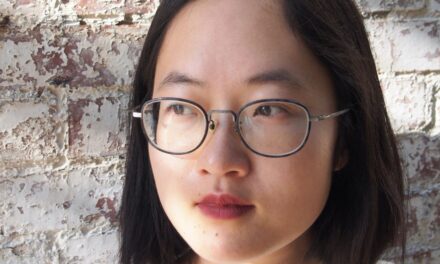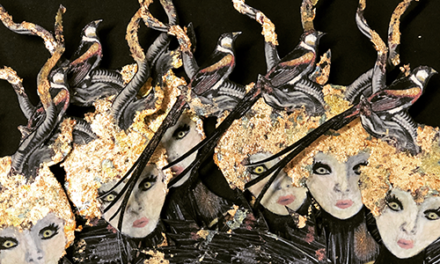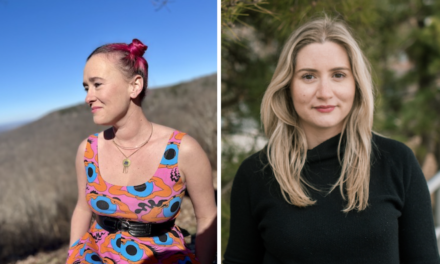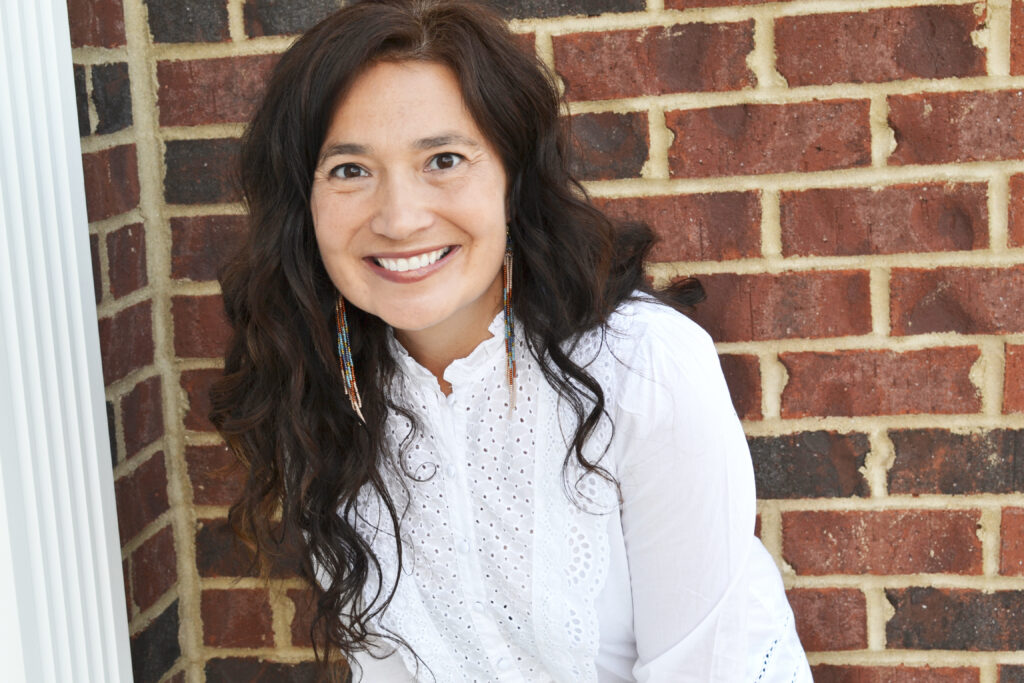
Assistant Editor Lisa Low: Today on the blog, we feature an interview with Felicia Zamora, the second of a two-part conversation with poets new to the University of Cincinnati. In this interview, I learned about the reflective aspects of her work during the pandemic, the posture of the body while making art, and how humor played a role in the titling of her Iowa Poetry Prize–winning book. Check out the conversation below, yesterday’s interview with Aditi Machado, and if you’re able, the Sewanee Writers’ Conference reading this Thursday at 8pm ET with Zamora, Machado, UC Coordinator of Creative Writing Jenn Habel, and our own Lisa Ampleman!
Welcome to Cincinnati, Felicia! The University of Cincinnati creative writing program is so excited to have you join us, though I’m sure the pandemic didn’t make it easy to move. These rapidly changing times has me thinking a lot about our practices and roles as writers and (for many of us) as teachers. What has writing and teaching been like for you during the pandemic?
Writing and teaching have centered me, grounded me in connective ways. I feel like a part of something beyond myself in both of these activities, and that feels extremely necessary and palpable for me right now. This semester I’m teaching Creative Writing and Social Change, which includes intense and complex conversations around considerations and investigations of the world in which we currently live, through the lens of art. I’m inspired by the artists in my class and the risks they are taking in creation of their art and in our discussions. Working with these artists feeds my soul.
As for my own art, I’ve found a shift in my processes. My art was quiet inside me during spring and a large portion of summer. I think the quiet came from a combination of the heavy social concerns of the pandemic and the Black Lives Matter movement, but also personal changes including moving across the country, joining a new university, and finishing a manuscript. In July, I started a new project. The way I approach inquiry and creation is evolving and I am trying to step back and let this metamorphosis occur naturally. The poems feel scavenged, piecemealed, and anti-choreographed in a reflective way of my own navigation in the world at this moment in time. I am no longer scaffolding the first draft of a poem in an intense, contained block of hours, but letting the poem grow over days, weeks even. Time feels irrelevant, yet the moment feels visceral. Basically, I understand I’m on a journey and trying to get out of my own way.
I learned online that you’re a photographer as well, and I’d love to hear about the relationship between your poetry work and photography. Is there something that one teaches you about the other, in terms of process, or about art, collaboration, etc.?
Photography is another way in which to pay attention. Photography requires a listening—a listening to space and moment and breath and wind and light and the body. Photography is gut feeling combined with attention, technique, and building experience through trial and error; it’s taught me a lot about failure, as in failure as a necessary conduit for development. Photography employs a full-body immersion with place, space, and physicality. I must be near an object to capture it type of thinking. The body gathers in a physical way to tell a story and create a world in photographs. Also, I have deep inquiries into our human desire of collection. I think a lot about the concepts of capture and collect in relation to art and what that says about human nature. Photography and poetry help me question human behavior in very distinct and unique ways; they both have lenses that swivel simultaneously outward and inward.
Lastly, congrats on your forthcoming collection, I Always Carry My Bones, that won the 2020 Iowa Poetry Prize! I love the impact of the title, and I was wondering if you could talk about your process of titling, generally and/or this specific title.
What a fascinating question. Manuscript titles haunt me. The title of a manuscript is the absolute last consideration for me in the creation, revision, and compilation stage of a manuscript. I tend to have the entire manuscript molded before I even think of titles. Then begins one of the hardest processes for me: distilling down an entire expression of a book of poems in one title. I’ll be honest, two-thirds of my titles, once discovered, are the titles of the printed book; one-third are not. I’ve worked with publishers on changing titles for two of my books. This process was really quite interesting and rewarding in the end.
In regard to I Always Carry My Bones, this was a manuscript that had at least four titles. For some reason, a title was stymieing me. Finally, I was talking about randomness with a friend, M McDonough (poet in Phoenix), and they made some extremely funny comment (as they are funny in a way that I adore and am jealous of because I may be fun, but I’m not technically a funny person), and the comment ended with, “Well, you know I always carry my bones.” And magic. Lightning bolt from firmament. I exclaimed, “M, holy universe, may I use that as my title?” They generously blessed the union of my manuscript and their words—and that’s how magic happens. (M, thank the universe for you . . . just in case you read this.)
Felicia Zamora is the author of six books of poetry including I Always Carry My Bones, winner of the 2020 Iowa Poetry Prize (University of Iowa Press, forthcoming 2021), Body of Render, 2018 Benjamin Saltman Award winner (Red Hen Press, 2020), and Of Form & Gather, 2016 Andrés Montoya Poetry Prize winner (University of Notre Dame Press, 2017). She’s received fellowships and residencies from CantoMundo, Ragdale Foundation, PLAYA, Moth Magazine, and Noepe Center at Martha’s Vineyard. Her poems and essays appear widely including Academy of American Poets Poem-A-Day, American Poetry Review, Boston Review online, Georgia Review, Literary Hub, Missouri Review Poem-of-the-Week, Orion, Prairie Schooner, The Nation, and others. She is an assistant professor of poetry at the University of Cincinnati and is the associate poetry editor for the Colorado Review. She recently moved to Ohio from Phoenix, Arizona, with her partner Chris and their two dogs.

